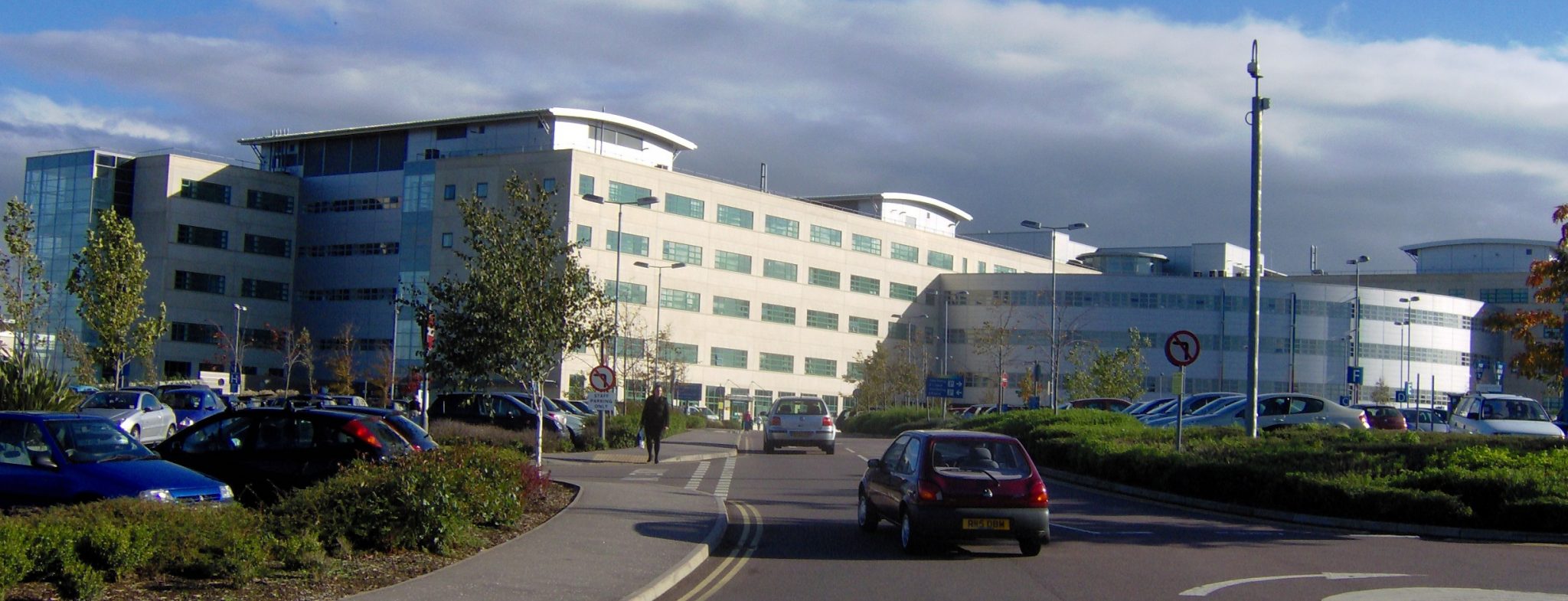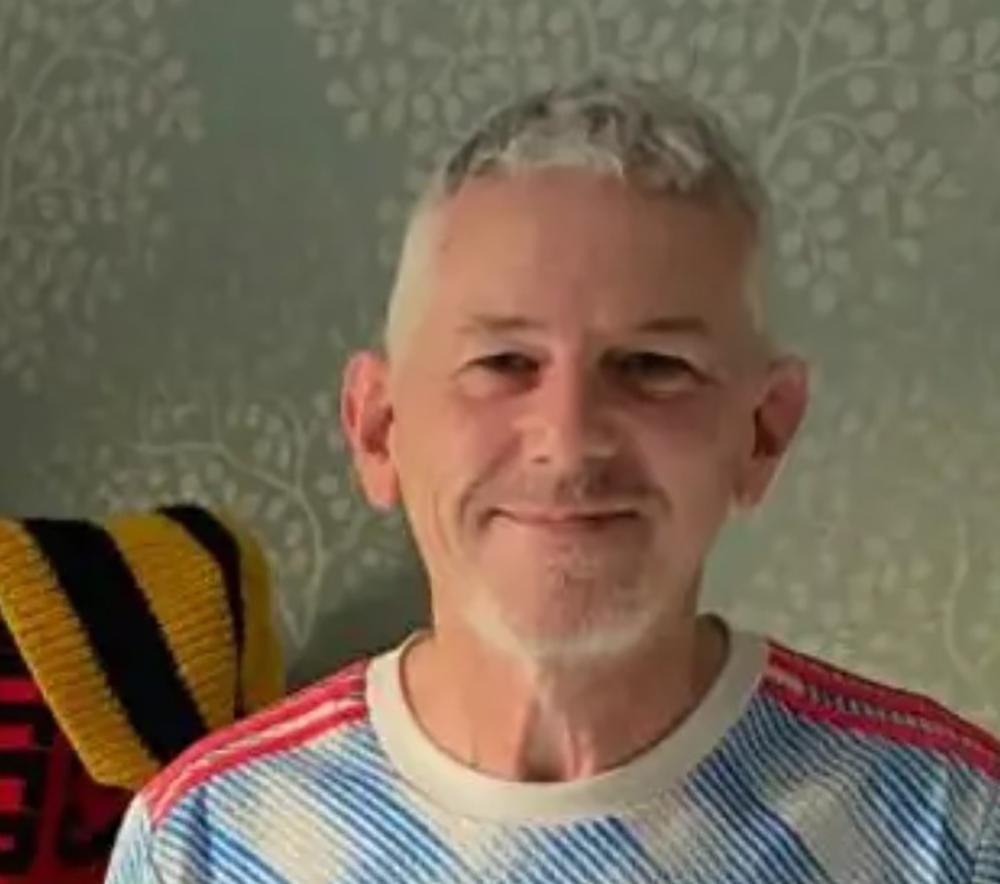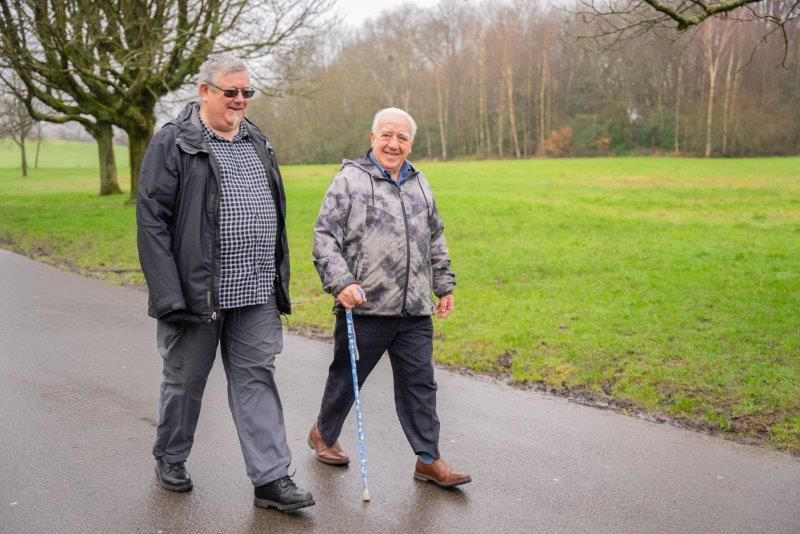Great Western Hospitals NHS Foundation Trust has been named as the first trust in the region to join Oxford’s NHS Genomic Medicine Centre, which is part of the national 100,000 Genomes Project.
The innovative project is working to establish a world class genomic medicine service in the NHS, which will give scientists and doctors a better understanding of the complete genetic coding of an individual - their genome - and the way it works.
This will help the NHS to better understand the individual DNA which cause rare diseases and certain cancers, develop more personalised treatment options and prevent and treat diseases that are passed from one generation to another.
As an official partner, the Trust is now inviting patients with certain rare diseases and their family members to take part in whole genome sequencing.
Whole genome sequencing involves scientists and doctors reviewing an individual’s genome, which means reading all 3 billion DNA letters in an individual’s genome one by one.
Understanding the genomic makeup of individuals, will allow scientists and doctors to better understand differences in DNA and identify changes which might be causing problems. Some rare diseases are caused by as little as a single change in DNA and for people with cancer, some cells have developed differently to healthy cells, so comparing the DNA between the two may give clues about possible ways to treat the cancer.
Patients selected from Swindon’s Great Western Hospital will be among a special group of 70,000 from across the country taking part in whole genome sequencing.
Dr Raman Sharma, a Consultant Paediatrician at the Great Western Hospital, said: “We’re delighted to be involved in this project which really is paving the way for personalised medicine.
“Whole genome sequencing, which is an essential part of setting up a genomic medicine service, has only been available for the last few years.
“Thanks to these innovative methods, the NHS now has the opportunity to turn important scientific discoveries about DNA and the way it works, into smarter ways of looking at diseases, their causes and how to treat them.”
Patients are encouraged to speak with their doctor to find out if they meet the eligibility criteria.










Your Comments
Be the first to comment on this article
Login or Register to post a comment on this article